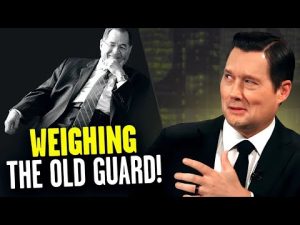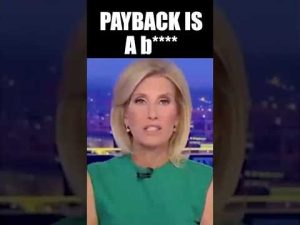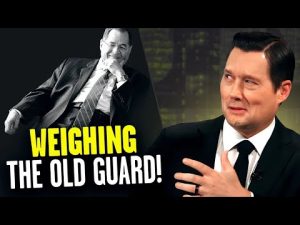In the United Kingdom, a writer named Graham Linehan, known as the creator of “The IT Crowd” and “Father Ted,” has found himself in hot water over tweets he shared—tweets that some might consider bold but hardly criminal. The UK authorities have arrested him at Heathrow Airport, illustrating a new reality wherein words, meant to provoke thought, can land someone in serious legal trouble. This is a startling development that indicates a troubling trend not just in the UK, but across much of the Western world. America, with its strong First Amendment protection, now appears to stand alone as a bastion of true free speech.
The alleged crime in question centers on a specific post from April 2025, where Linehan suggested that trans women were violent criminals if they used women-only facilities, advocating hitting them if calling the police failed to stop them from doing so. These posts, while undeniably controversial, represent a stance on a heated debate that rages worldwide. It’s clear that these statements strike at the heart of one of today’s most contentious issues: gender identity and the spaces that accommodate them. In many places, such statements would provoke discussion and debate. Yet in the UK, it seems, the debate has taken a backseat to a more pressing desire to shelter people from offense at any cost.
This incident should serve as a wake-up call for anyone who values the principles of free speech. Silencing voices through arrests and potential legal punishments is not the hallmark of a free society. Instead, it suggests an alarming comfort with authoritarian-style oversight over personal opinions and expressions. This is particularly concerning in a country that is part of the modern West, which traditionally espouses shared values with the United States regarding freedom.
The scenario Linehan faces is symptomatic of an overreach that is spreading beyond Britain. The robust freedoms that define America are increasingly rare elsewhere, with many democratic countries willingly eschewing those liberties in favor of stringent speech codes. It raises a critical question for citizens and policymakers alike: at what point does the protection against offense infringe upon the very freedoms that define democracy?
Linehan’s arrest signifies a pivotal moment in the ongoing battle for free expression in the digital age. Highlighting such cases is crucial to understanding the direction in which societies may drift should these trends continue unchallenged. It reminds us all that the freedom to speak, to debate, and to challenge prevailing ideas is not just a cornerstone of democracy but its lifeblood. Without it, the very foundation of free societies could be at risk.







